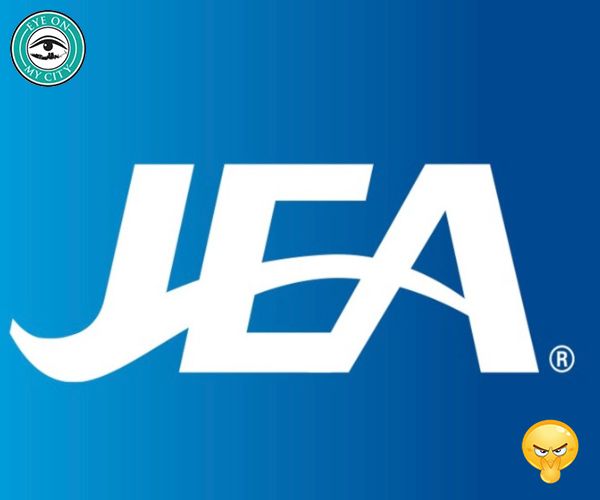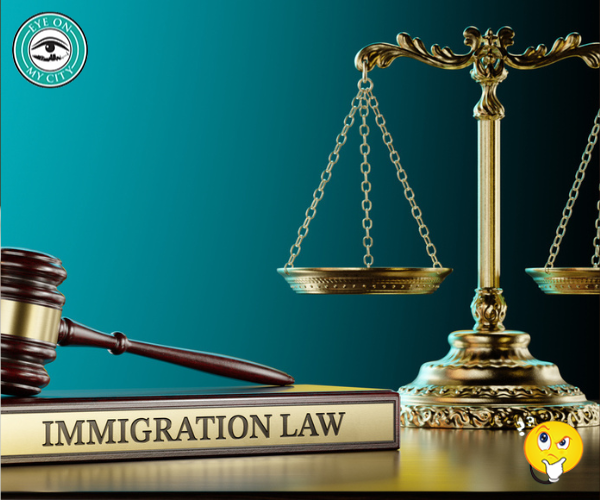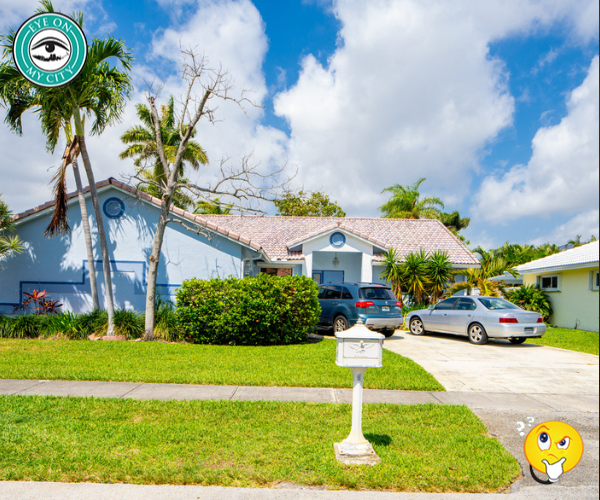As it does periodically, JEA will increase its electricity rates in April.
But the city-owned utility says some residential customers may see a slightly smaller charge for electricity.
JEA bills contain several parts. Customers who get both water and electricity get a bill for both. Electricity rates have two parts: base and fuel.
Because the cost of fuel fluctuates and natural gas is relatively cheap now, the total bill for electricity may be slightly lower.
“We also anticipate that we’ll continue to have the lowest residential utility bills compared to other major metropolitan areas in Florida, even with a modest rate increase,” JEA said in a press release.
That’s sort of true.
JEA rates are below average, but not the lowest, according to a recent comparison.
For 1,000 kilowatt-hours, JEA rates are lower than those in other major cities, except Tampa, but smaller cities such as Lakeland, Winter Park and Bartow are lower.
Utilities can structure their rates so that commercial customers and/or those using more electricity pay more than residential customers using 1,000 kwh.
What would be useful is a comparison of all monthly homeowner costs in various Florida cities.
The former afternoon newspaper in town, the Jacksonville Journal, used to publish such a comparison each year. (I know because I did it.)
It compared such costs as water, sewer and electricity rates and property taxes.
Eventually, the city of Jacksonville picked up the idea and for years a similar comparison was published in the city budget.
For whatever reason, it was dropped some years ago.
Part of the problem facing JEA customers is that the utility faces large costs associated with its decision to buy power from a nuclear power plant in Georgia. Cost overruns have driven up that liability and the JEA tried to get out of its contract but failed.
In the end, as the cost of various types of fuel fluctuate, it may turn out well but at the moment it appears to have been a mistake – even though it might be better for the “environment.”
Another variable is the amount of “profit” the city of Jacksonville makes off the electric utility, once known as the ‘golden goose” because it helped keep property taxes down via its “contribution” to the city.
Thus, electric and water rates are affected not only by the independent authority but also by our local politicians.










